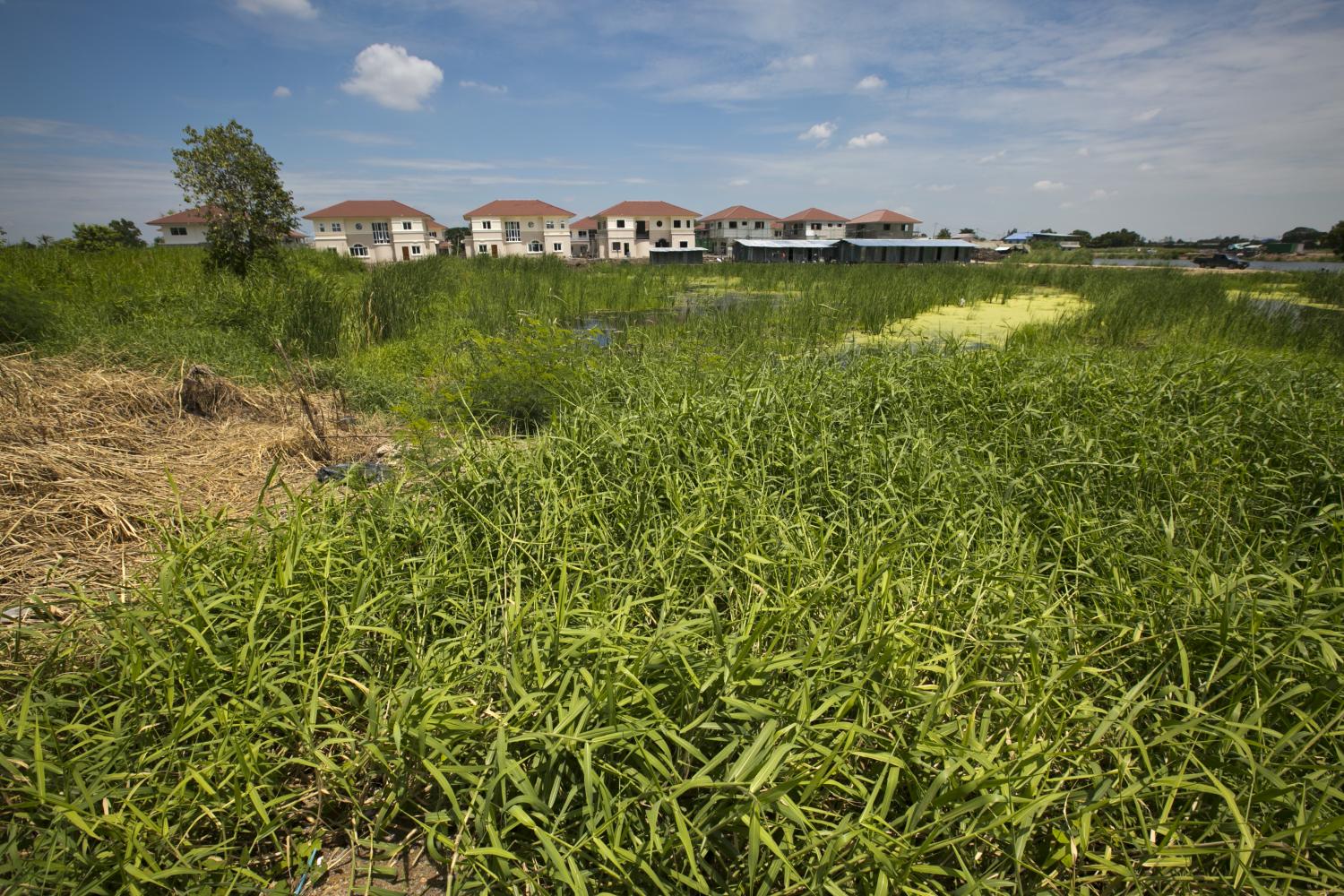
Landlords should speed up utilising their properties to ensure efficient taxation as the land and buildings tax will return to normal rates next year, says international law firm Baker & McKenzie Ltd.
Nopporn Charoenkitraj, the firm's partner, said local government authorities usually conduct a survey of land and buildings located in their areas in the final months of the year to get an update on land use before tax assessment the following year.
"As of Jan 1 every year, the land and buildings tax will assess ownership and categories of each property to determine the taxpayer and tax rate, respectively," he said. "If property owners want to change the purpose of use for more efficient taxation, they should do it now."
If a change in land use is completed later than Jan 1, taxpayers will have 30 days to submit a letter opposing tax assessment once they receive a tax assessment letter.
Mr Nopporn said many landlords asked for advice on what to do with their vacant lands. Some considered agriculture as land for agricultural use has the lowest tax rate.
"They should weigh the cost for growing agriculture on the land against the tax they would have to pay for vacant land. Sometimes, the latter is lower," he said.
There are several categories of land use that pay a lower tax rate than vacant land, such as schools, sport stadiums or land for public use, according to the Fiscal Policy Office.
Land for agricultural purposes with appraisal prices of up to 75 million baht are levied 0.01%, according to the land and buildings tax. Land priced between 75-100 million baht is taxed at 0.03%, 100-500 million baht at 0.05%, 500 million-1 billion baht at 0.07%, and more than 1 billion baht at 0.1%.
For vacant land, a tax rate of 0.3% is applied and will increase by 0.3 percentage points every three years, up to a ceiling of 3%.
Wittaya Luengsukcharoen, a partner at Baker & McKenzie, said landlords can allow their vacant land to be used as a public area or park, making it eligible for a waiver of the land and buildings tax, if they do not know what to do with their plots.
"Landlords and local government authorities may have a mutual agreement on allowing their land for a public use throughout the tax year," Mr Wittaya said.
"But the size of that land should make sense for developing it into public areas."
Mr Nopporn suggested vacant land in prime locations or inner-city areas where land prices are very high opt for commercial development in order to maximise benefits.
"Business owners who were affected by the outbreak of Covid-19, such as hotels, should ask the government for a cut in the land and buildings tax for another year as the impact is likely to carry over next year," said Mr Wittaya. "They can push this agenda through their association."